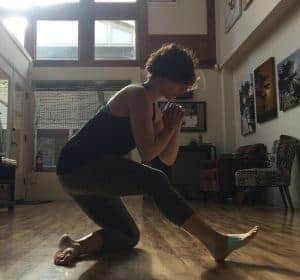
1. How would you define your personal practice?
My personal practice involves a foundation of strength and mobility that involves moving around on the floor, balancing, lifting heavy things, and hanging. I use Feldenkrais as a recovery session once a week and I spend time playing, exploring new ways of looking at familiar movements and creating opportunities to climb trees, climb rocks, and challenge myself to explore my environment in an inquisitive way.
2. What turning points have you encountered on your movement journey?
I entered the fitness scene in the early 2000s, when bodybuilding and Oxygen magazine were the places to get information about exercise and strength. Everything was very linear, emphasizing sets, reps, and weight. I felt like something was missing, both physically and mentally, so I immersed myself in the world of yoga, while still strength training, because it felt like yoga was missing something, too. The first time I realized fitness could be something different was when I read an interview with Erwan LeCorre in Outside magazine in 2011. A year later, I became fascinated with motor control and neuromuscular training. After diving down the DNS and PRI rabbit hole, I immersed myself in the study of psychology, motor control, and anatomy, searching for the perfect system. The realization I finally came to is the body is happiest when it’s used in many different ways. There is no right or wrong way to perform a skill, but the ability to match your movement with your intention is critical for good integrity of movement.
3. What role has injury played in cultivating your current niche?
When I first began training, I was surprised how many people had aches and pains, some of which was chronic in nature. I wanted to help them feel better, but I wasn’t sure how. As I moved into my mid-twenties, I developed pain patterns that I couldn’t exercise my way out of. I became frustrated, both with the fact I didn’t feel like a role model for my clients and that I couldn’t improve my clients’ overall sense of health and well being like I thought I should. My mission became to help people (including me), live pain free, movement filled lives. Fast forward a decade and I am doing exactly that, by keeping an open mind and a sense of curiosity regarding what the person in front of me is experiencing.
4. Do you consider yourself a teacher? Why or why not?
I don’t consider myself a teacher. I am more of a guide. I help people open doors to investigate how their body works and how they can move in alternative ways. Experience is the teacher; I facilitate the ability to experience the body differently.
5. What has been your experience with physical education, both in the schooling system and sought out knowledge/ know-how elsewhere?
When I was in school, physical education for entirely oriented towards team sports. I liked PE, because I liked being physically active and I couldn’t afford to play sports. PE wasn’t the “cool” thing to do, so I stopped as soon as I could and took up running and lifting weights on my own. PE didn’t help the kids that hated physical activity, and I remember watching kids walk the mile, thinking forcing them to walk around the track four times wasn’t going to change how their relationship with physical activity.
Our culture is heavily steeped in competitive sports and/or goals. People want an end goal. What’s the purpose? What am I supposed to feel? How many calories am I burning? Quite a few of the systems that exist support this mentality. It’s challenging to find education that supports freedom of movement while still supporting the basic building blocks of physical education in a non-competitive or goal oriented way.
6. How do you involve your mind/ emotions into your physical routines?
I ask myself frequently, “what am I experiencing?” Sometimes it’s a physical response to what I’m doing, sometimes it’s more emotional. I observe these thoughts curiously. I also check in with myself to see how much control I have over my physical response when things get challenging. Am I crossing my eyes or holding my breath? Am I clenching my jaw or gripping my feet? Do I do this when life gets challenging in a non-physical way? Can I change my response even if it takes focused awareness? Observation without judgement and learning to groove different patterns have a powerful impact on the mind/body continuum.
7. What are your personal aspirations regarding movement? How do you hope to find purpose and use in the skills you have built?
My personal aspirations are to continue exploring what my body can do and to continue challenging myself to move in unconventional ways. I also want to feel strong and mobile well into my senior years so I can enjoy life and all it has to offer. I hope to find purpose by inspiring others to use their bodies and cease feeling like their mind and body are separate. I also plan to use what I build in the gym outside and connect with the natural environment and encourage others to do the same.
8. How can people find/ contact you? Do you have a site or social media handle to share?
Website:
www.bewellpt.com; Facebook: facebook/jennifer.pilotti or facebook/Be-Well-Personal-Training; instagram: bewellpersonaltraining
Jenn’s Recent Blog Posts
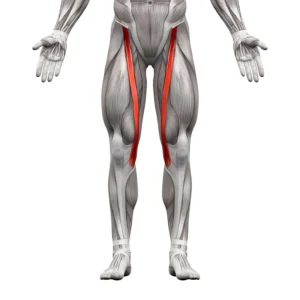
Jenn Pilotti Confession: last time when I discussed Q-angles I went kind of rogue and talked about it from the ...

Jenn Pilotti On June 14th, Max Park, a 21 year old with autism spectrum disorder who, at age nine, couldn’t ...
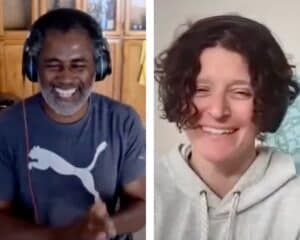
Jenn Pilotti Adarian Barr The book Jenn and Adarian co-authored and assists in understanding these concepts can be found here ...

What is your relationship with popularity? Most people seem to want it and yet it comes with all kinds of ...
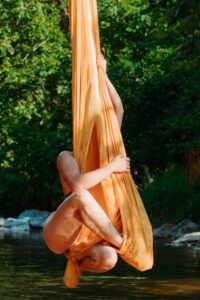
Jenn Pilotti I recently went down a rabbit hole, like I sometimes do, about tendinopathy. Tendinopathy is a poorly understood ...
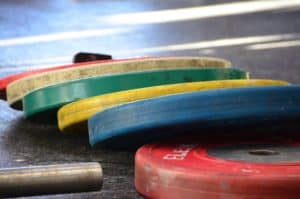
Jenn Pilotti Have you ever tried to help someone, only to be met by what feels like a brick wall ...
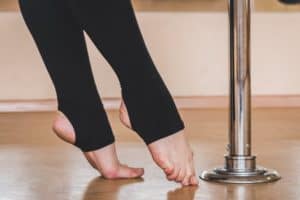
Jenn Pilotti I recently took up pole dancing. My sister thinks I am having a midlife crisis which, though it ...
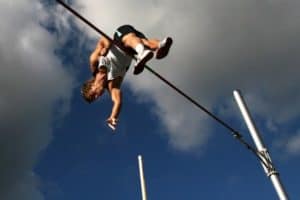
Jenn Pilotti How do your joints collaborate to produce movement? Any movement? When I reach down, unscrew the lid off ...
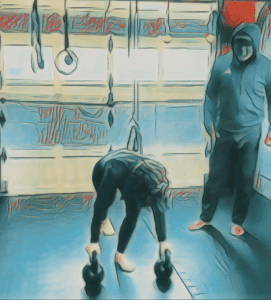
Jenn Pilotti & Adarian Barr *Weekly conversations between these two can be found at Women Running Cafe ...
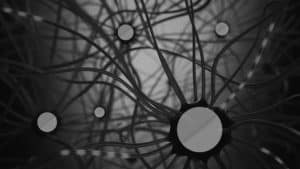
Jenn Pilotti I am having one of those weeks, a week where a lot of the people around me are ...











